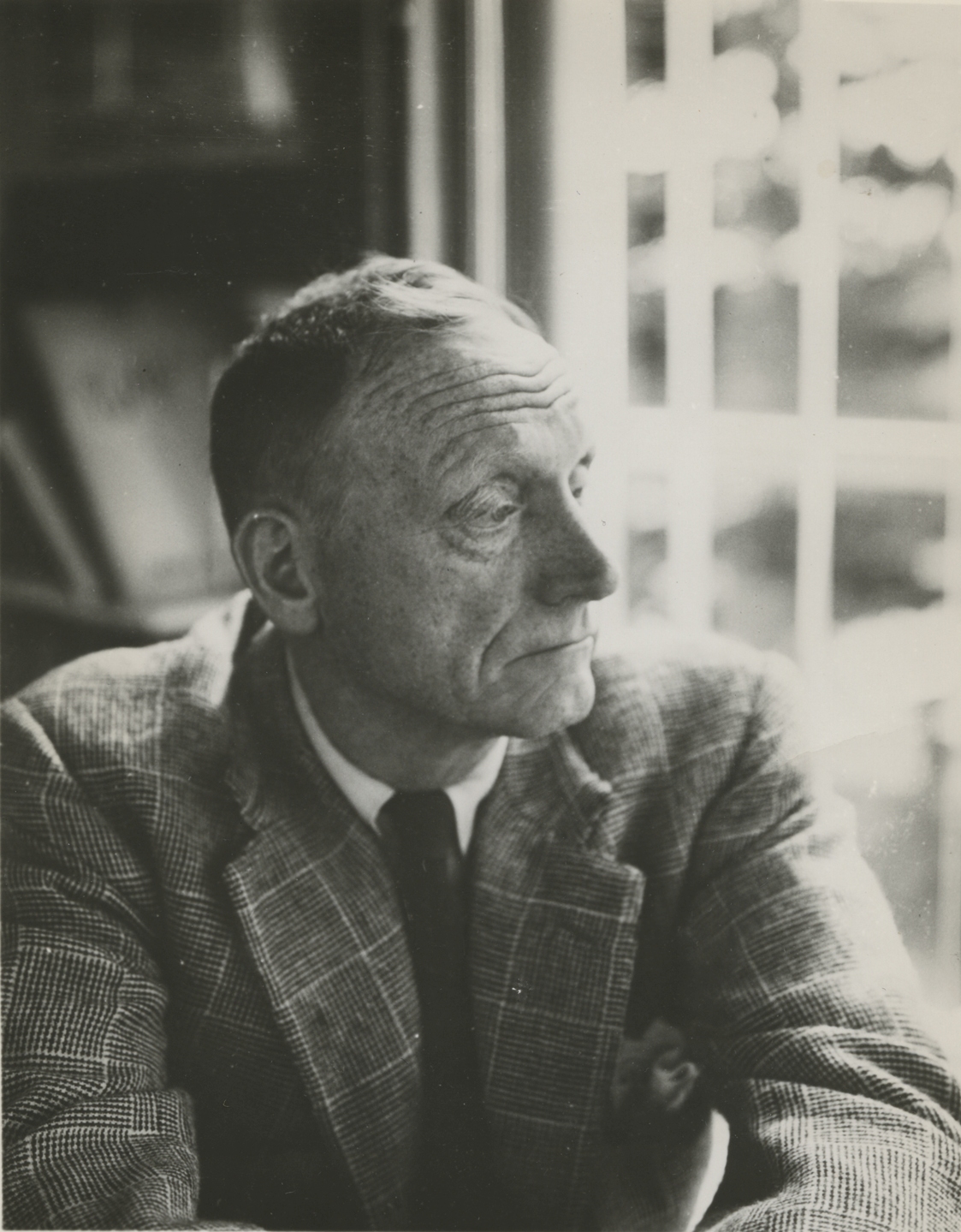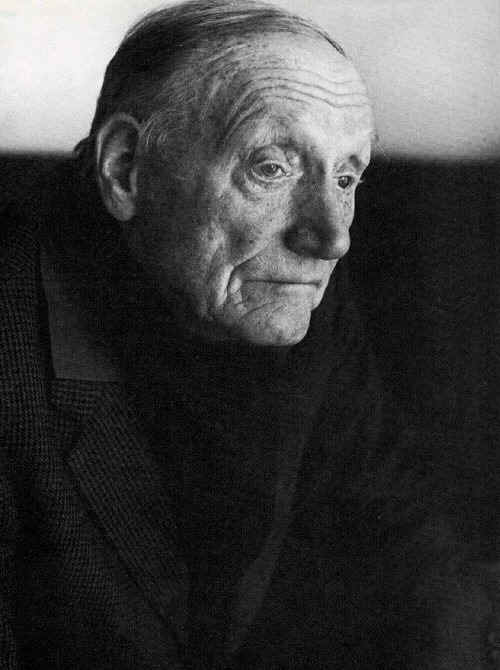Robert Warren (Robert Penn Warren)

While still an undergraduate at Vanderbilt University, Robert Warren became associated with the group of poets there known as the Fugitives, and somewhat later, during the early 1930s, Warren and some of the same writers formed a group known as the Southern Agrarians. He contributed “The Briar Patch” to the Agrarian manifesto I’ll Take My Stand along with 11 other Southern writers and poets (including fellow Vanderbilt poet/critics John Crowe Ransom, Allen Tate, and Donald Davidson). In “The Briar Patch” the young Warren defends racial segregation, in line with the traditionalist conservative political leanings of the Agrarian group, although Davidson deemed Warren’s stances in the essay so progressive that he argued for excluding it from the collection. However, Warren recanted these views in an article on the Civil Rights Movement, “Divided South Searches Its Soul”, which appeared in the July 9, 1956 issue of Life magazine. A month later, Robert Warren published an expanded version of the article as a small book titled Segregation: The Inner Conflict in the South. He subsequently adopted a high profile as a supporter of racial integration. In 1965, he published Who Speaks for the Negro?, a collection of interviews with black civil rights leaders including Malcolm X and Martin Luther King, thus further distinguishing his political leanings from the more conservative philosophies associated with fellow Agrarians such as Tate, Cleanth Brooks, and particularly Davidson. Warren’s interviews with civil rights leaders are at the Louie B. Nunn Center for Oral History at the University of Kentucky.
Robert Warren’s best-known work is All the King’s Men, a novel that won the Pulitzer Prize in 1947. Main character Willie Stark resembles Huey Pierce Long (1893–1935), the radical populist governor of Louisiana whom Warren was able to observe closely while teaching at Louisiana State University in Baton Rouge from 1933 to 1942. All the King’s Men became a highly successful film, starring Broderick Crawford and winning the Academy Award for Best Picture in 1949. A 2006 film adaptation by writer/director Steven Zaillian featured Sean Penn as Willie Stark and Jude Law as Jack Burden. The opera Willie Stark by Carlisle Floyd to his own libretto based on the novel was first performed in 1981. Warren served as the Consultant in Poetry to the Library of Congress, 1944–1945 (later termed Poet Laureate), and won two Pulitzer Prizes in poetry, in 1958 for Promises: Poems 1954–1956 and in 1979 for Now and Then. Promises also won the annual National Book Award for Poetry.
In 1974, the National Endowment for the Humanities selected him for the Jefferson Lecture, the U.S. federal government’s highest honor for achievement in the humanities. Warren’s lecture was entitled “Poetry and Democracy” (subsequently published under the title Democracy and Poetry). In 1977, Warren was awarded the St. Louis Literary Award from the Saint Louis University Library Associates. In 1980, Warren was presented with the Presidential Medal of Freedom by President Jimmy Carter. In 1981, Warren was selected as a MacArthur Fellow and later was named as the first U.S. Poet Laureate Consultant in Poetry on February 26, 1986. In 1987, he was awarded the National Medal of Arts. Robert Warren was co-author, with Cleanth Brooks, of Understanding Poetry, an influential literature textbook. It was followed by other similarly co-authored textbooks, including Understanding Fiction, which was praised by Southern Gothic and Roman Catholic writer Flannery O’Connor, and Modern Rhetoric, which adopted what can be called a New Critical perspective. He lived the latter part of his life in Fairfield, Connecticut, and Stratton, Vermont where he died of complications from bone cancer.
Born
- April, 24, 1905
- USA
- Guthrie, Kentucky
Died
- September, 15, 1989
- USA
- Stratton, Vermont
Cause of Death
- bone cancer
Cemetery
- Willis Cemetery
- Stratton, Vermont
- USA



